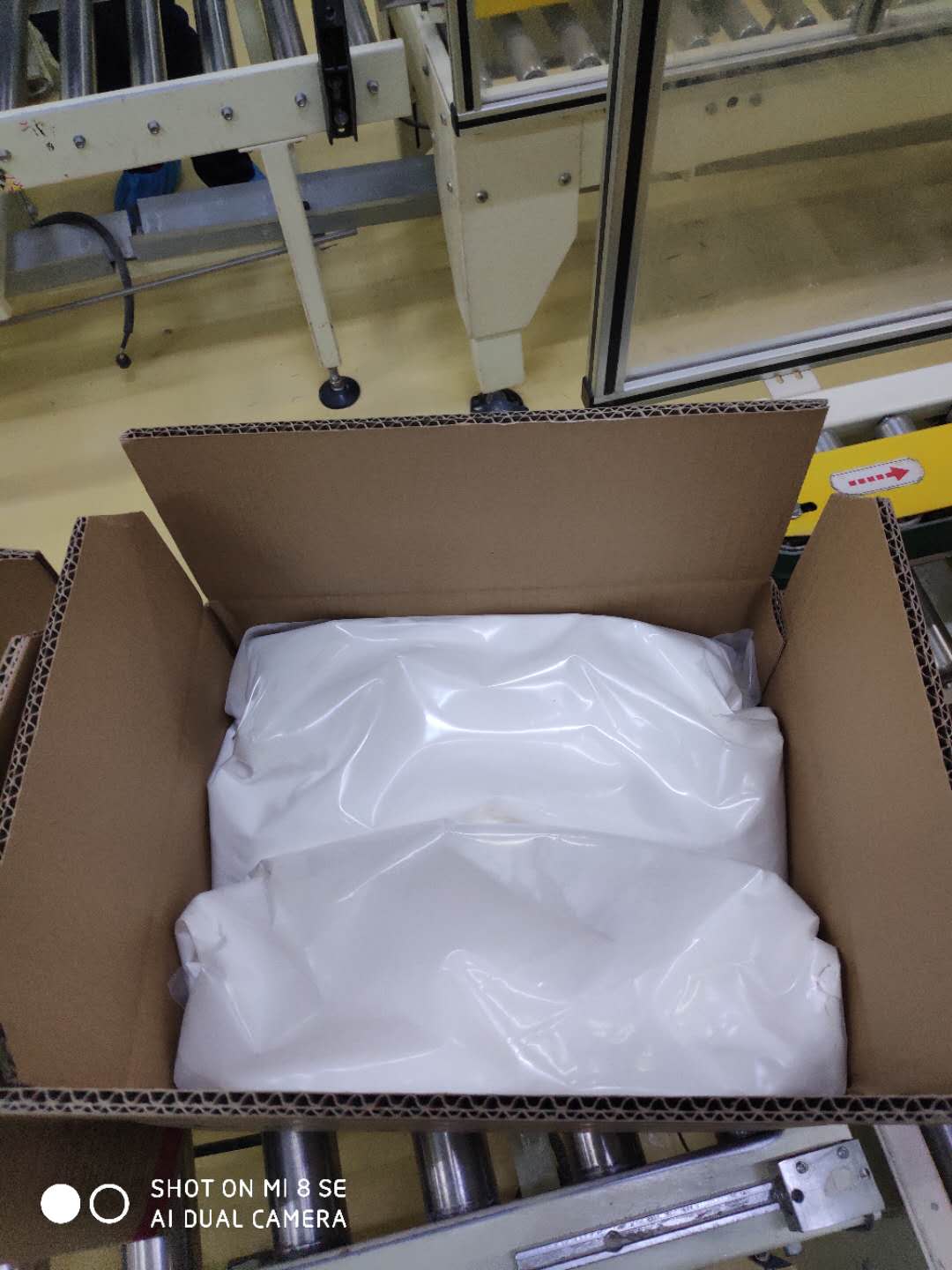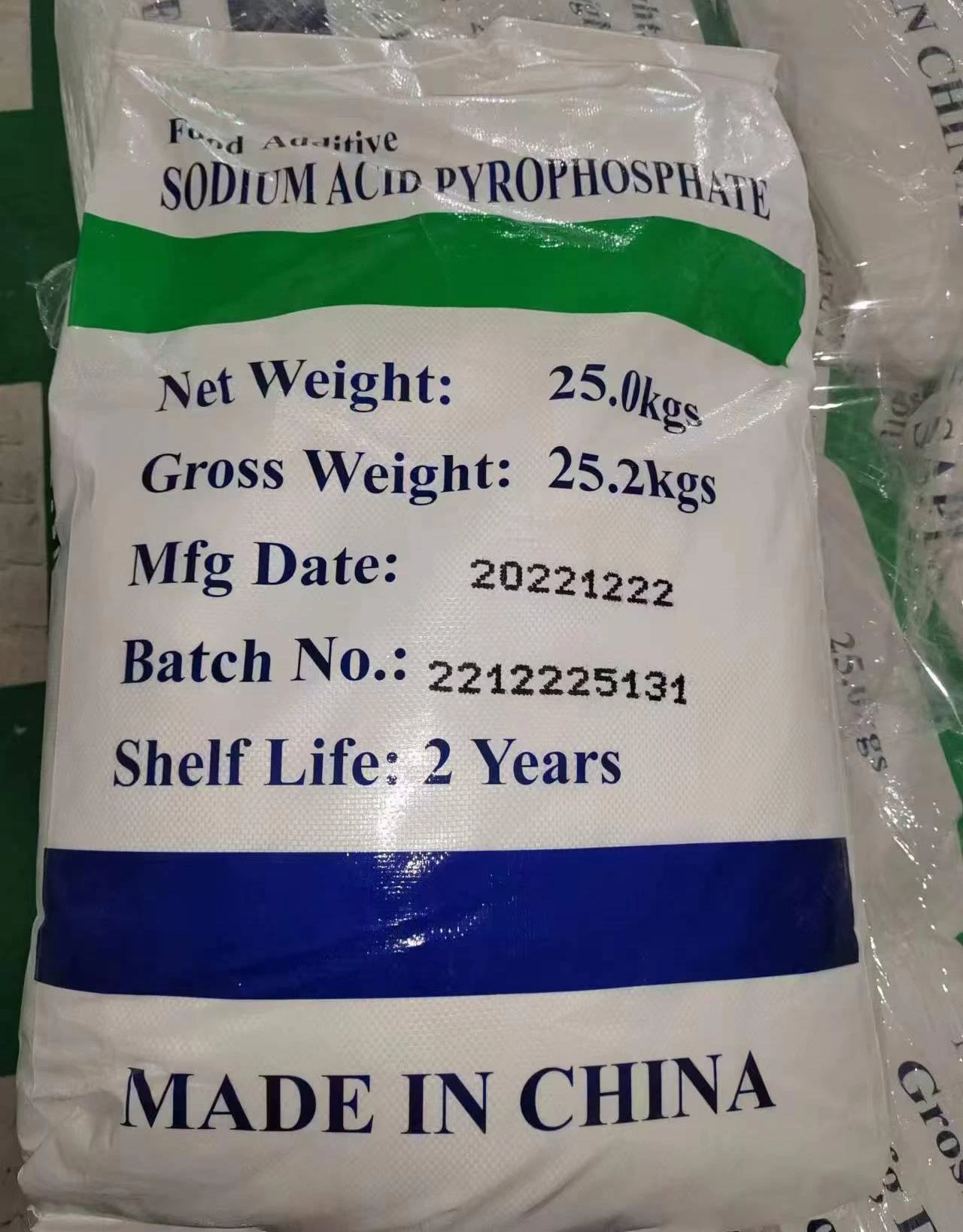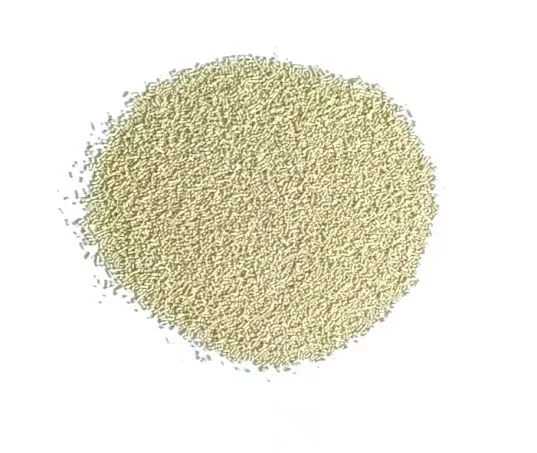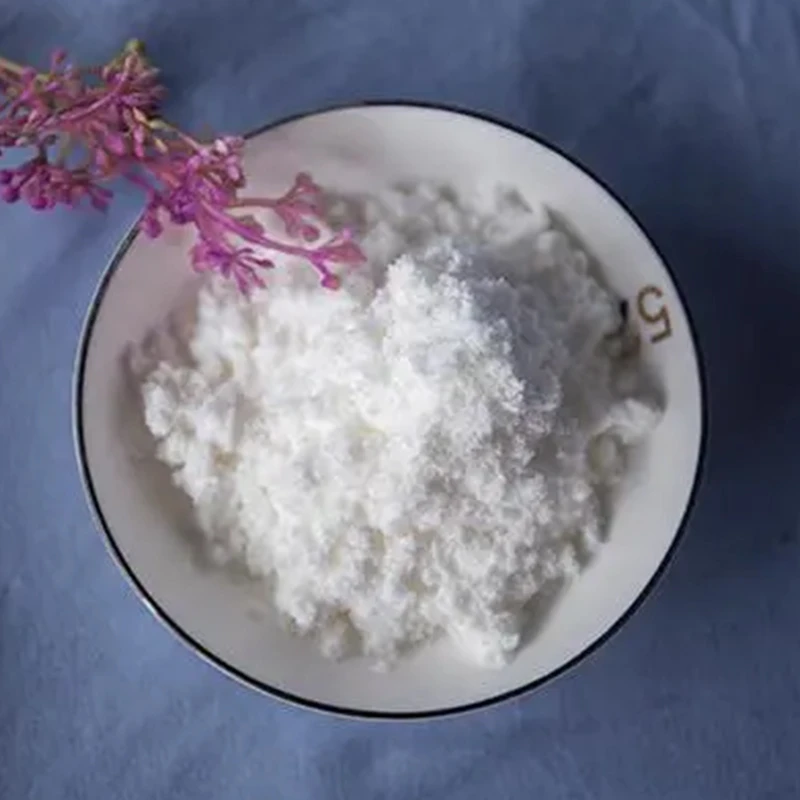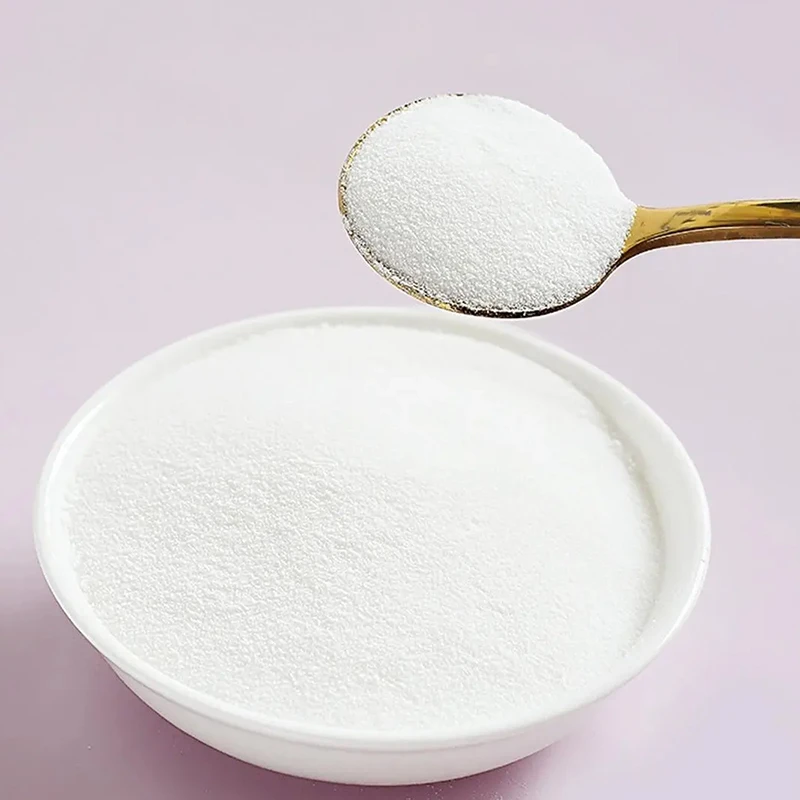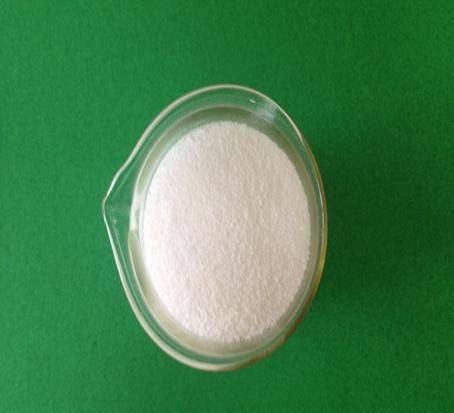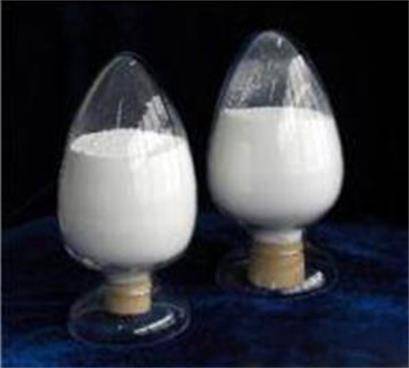Unveiling the science, applications, and market dynamics of high-purity sodium benzoate powder. Discover why choosing a reliable sodium benzoate powder supplier is critical for your product's success.
In the world of preservation and industrial chemistry, few compounds are as ubiquitous and effective as sodium benzoate powder. As a leading sodium benzoate powder manufacturer, we have witnessed its evolution from a simple food preservative to a critical component in pharmaceuticals, cosmetics, and industrial applications. This comprehensive guide leverages our deep expertise (Expertise) and years of hands-on experience (Experience) to provide an authoritative overview of this remarkable compound. We will explore market trends, delve into its technical specifications, compare manufacturing standards, and demonstrate why our White Sodium Benzoate Powder is the superior choice for your needs.
Global Market Trends & Sodium Benzoate Powder Price Analysis
The global market for sodium benzoate powder has shown consistent growth, driven by increasing demand in the food and beverage industry, particularly in emerging economies. The rising consumption of processed foods, carbonated drinks, and sauces directly correlates with the need for effective preservatives. According to a market analysis by Grand View Research, the global sodium benzoate market size was valued at USD 1.22 billion in 2022 and is expected to grow at a compound annual growth rate (CAGR) of 4.9% from 2023 to 2030. The sodium benzoate powder price is influenced by factors such as raw material costs (benzoic acid and sodium hydroxide), energy prices, and global supply chain logistics. A stable partnership with a vertically integrated sodium benzoate powder manufacturer like us can help mitigate these price volatilities.
Global Sodium Benzoate Market: Price & Demand Projection
Technical Specifications: What Defines Quality in Sodium Benzoate Powder?
Not all sodium benzoate powder is created equal. The efficacy and safety of the final product depend critically on its purity and adherence to stringent quality parameters. As an authoritative source, we provide full transparency into our product specifications, which meet and exceed international standards like those set by the Food and Drug Administration (FDA) and ISO 22000. Below is a detailed table of key technical parameters for our premium-grade product.
| Parameter | Specification (Food Grade E211) | Significance in Application |
|---|---|---|
| Chemical Formula | C₇H₅NaO₂ | Defines the fundamental chemical identity of the compound. |
| Appearance | White, Crystalline Powder or Granules | Indicates purity and proper crystallization. Off-colors can suggest impurities. |
| Assay (Purity) | ≥ 99.5% | Crucial for preservative efficacy and safety. Higher purity means fewer unwanted by-products. |
| Solubility in Water (25°C) | ~62.9 g/100 mL | High solubility is essential for easy incorporation into aqueous food and beverage systems. |
| pH (1% Solution) | 7.0 - 8.5 | Ensures the product does not significantly alter the acidity of the final product. |
| Loss on Drying | ≤ 1.5% | Low moisture content ensures stability, prevents caking, and guarantees accurate dosing. |
| Heavy Metals (as Pb) | ≤ 10 ppm (parts per million) | A critical safety parameter governed by FDA (21 CFR 184.1733) and other food safety bodies. |
| Arsenic (as As) | ≤ 2 ppm | Ensures the product is free from toxic contaminants, a testament to a controlled supply chain. |
Manufacturing Excellence: The Journey to Pure White Sodium Benzoate Powder
Our commitment to quality is embedded in our state-of-the-art manufacturing process. Unlike mechanical processes like casting or forging, chemical synthesis requires precision control at every stage. We achieve superior product quality through a meticulously controlled chemical reaction and purification process, ensuring every batch meets our stringent specifications and industry standards like ISO 9001 and ISO 22000 for food safety management.
Our Advanced Production Process (Chemical Synthesis)
Raw Material Sourcing
High-purity Benzoic Acid & Sodium Hydroxide/Carbonate from certified suppliers.
Neutralization Reaction
Precisely controlled reaction in glass-lined reactors to form Sodium Benzoate solution.
Purification & Decolorization
Active carbon treatment to remove impurities and ensure a pure white color.
Crystallization & Drying
Controlled crystallization followed by spray drying to produce uniform powder/granules.
Quality Control & Packaging
Rigorous lab testing (HPLC, AAS) and packaging in cleanroom conditions.
Key Advantages of Our Manufacturing Process:
- Material Purity: We start with 99.9%+ pure raw materials, which is fundamental to achieving a final product with minimal impurities and heavy metals.
- Process Control: Our automated system monitors and adjusts pH, temperature, and concentration in real-time, guaranteeing batch-to-batch consistency.
- Detection Standards: Every batch is tested against international pharmacopeia (USP/BP/EP) and food codex (FCC) standards. We provide a Certificate of Analysis (COA) with every shipment.
- Product Longevity: Our low-moisture, high-purity powder offers a guaranteed shelf life of 2 years when stored in proper conditions, ensuring stability for your production cycles.
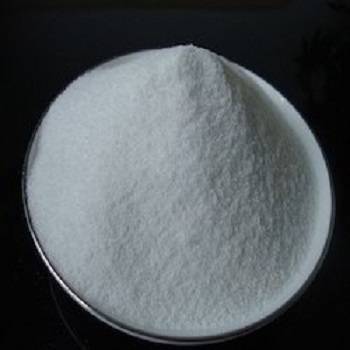
Diverse Applications: The Versatility of Sodium Benzoate Powder Uses
The primary function of sodium benzoate powder is as a preservative. It exhibits bacteriostatic and fungistatic properties under acidic conditions (pH
Market Share of Sodium Benzoate Powder Uses by Industry
Food & Beverage Industry
The largest consumer, using it to inhibit mold, yeast, and bacteria growth in acidic foods.
- Carbonated Drinks & Juices: Prevents spoilage and extends shelf life.
- Jams, Jellies & Sauces: Protects against microbial contamination after opening.
- Pickles & Salad Dressings: Maintains freshness and flavor in acidic environments.
- Advantage: Our product's high solubility ensures it dissolves quickly without clouding beverages.
Pharmaceuticals
Used as a preservative in liquid medicines and as a treatment for certain metabolic disorders.
- Liquid Cough Syrups: Prevents microbial growth in sugar-based formulations.
- Excipient: Acts as a lubricant for tablets and capsules.
- Therapeutic Agent: Used in treating urea cycle disorders.
- Advantage: Our pharma-grade powder meets the stringent purity requirements of the USP/BP pharmacopeia.
Cosmetics & Personal Care
Functions as a preservative in a wide array of products to prevent contamination.
- Lotions, Creams, and Shampoos: Protects products from bacterial and fungal growth.
- Mouthwashes: Acts as an antimicrobial agent.
- Baby Wipes: Ensures product safety and integrity.
- Advantage: Its mildness and effectiveness at low concentrations make it ideal for skin-contact products.
Industrial Applications
Beyond preservation, it has unique industrial uses, showcasing its chemical versatility.
- Corrosion Inhibitor: Added to engine coolants (antifreeze) and water treatment systems to protect metals.
- Plastics Stabilizer: Used as an intermediate in the production of certain polymers.
- Pyrotechnics: Acts as a fuel in fireworks, creating the whistling sound.
- Advantage: Our product's consistent particle size ensures predictable performance in these specialized applications.
Choosing the Right Sodium Benzoate Powder Supplier: A Comparative Analysis
The market is filled with suppliers, but consistent quality, reliable supply, and expert support are what set a true partner apart. Our experience shows that customers prioritize purity, compliance, and service. Here’s how our White Sodium Benzoate Powder stacks up against generic market offerings.
| Feature / Attribute | Our White Sodium Benzoate Powder | Generic/Competitor Product |
|---|---|---|
| Purity (Assay) | ≥ 99.5% (Typically 99.8%+) | Often meets only the minimum ~99.0% |
| Certifications | ISO 9001, ISO 22000, Halal, Kosher | Limited or unverified certifications |
| Traceability | Full batch traceability from raw material to final product | Often untraceable or from mixed sources |
| Technical Support | Dedicated technical team for application support | General sales staff only |
| Certificate of Analysis (COA) | Detailed COA with every batch | Generic or non-batch-specific COA |
| Customization | Custom particle sizes (powder vs. granular) available | One-size-fits-all |
| Supply Chain Stability | Long-term contracts and stable supply | Vulnerable to market price fluctuations |
Customization, Trust, and Support: Our Commitment to You
We understand that every application is unique. That’s why we go beyond being just a sodium benzoate powder supplier; we are your partners in innovation. Our commitment to Trustworthiness is reflected in our comprehensive support services.
- Customized Solutions: We offer both powdered and granular forms to suit different production needs. Whether you require fine powder for rapid dissolution or dust-free granules for easier handling, we can provide a solution tailored to your process.
- Reliable Delivery: With a robust logistics network, we ensure on-time delivery across the globe. Our standard lead time is 15-20 working days, with options for expedited shipping.
- Quality Guarantee: We stand by our product with a comprehensive quality warranty. If any batch fails to meet the specifications on the agreed COA, we offer a full replacement or refund.
- Unparalleled Customer Support: Our team of experts is available 24/7 to answer your questions, provide technical documentation, and assist with any challenges you may face during implementation.
Ready to Experience the Difference?
Elevate your product's quality and safety with our premium White Sodium Benzoate Powder. Contact us today for a sample, a competitive quote, or technical consultation.
Request a Quote NowFrequently Asked Questions (FAQ) about Sodium Benzoate Powder
This is a common point of confusion. No, sodium benzoate is NOT baking soda. They are completely different chemical compounds with different uses.
- Sodium Benzoate (C₇H₅NaO₂): Is a preservative used to inhibit the growth of mold, yeast, and bacteria in acidic foods and beverages. Its primary function is food safety and shelf-life extension.
- Baking Soda (Sodium Bicarbonate, NaHCO₃): Is a leavening agent used in baking to help dough and batters rise. It reacts with acid to produce carbon dioxide gas.
Using one in place of the other would lead to disastrous results in either food preservation or baking.
Sodium benzoate is typically available in several grades tailored to specific industries:
- Food Grade (e.g., E211 in Europe): This is the most common grade, manufactured under strict food safety standards (like ISO 22000, HACCP) to be used in foods and beverages. It has very low levels of impurities.
- Pharmaceutical Grade (e.g., USP/BP): This grade meets the even more stringent purity and testing requirements of pharmacopeias for use in medicines.
- Technical/Industrial Grade: Used for non-consumption applications like antifreeze, pyrotechnics, or as a corrosion inhibitor. Purity standards may be less strict than for food or pharma grades. We specialize in providing high-purity Food and Pharma grades.
Sodium benzoate's effectiveness is highly pH-dependent. It works best in acidic conditions, specifically at a pH below 4.5. In this range, it converts into its active form, benzoic acid, which can penetrate the cell walls of microorganisms and inhibit their metabolism. It has very little antimicrobial activity at a pH above 5.0. This is why it is most commonly used in acidic products like soft drinks (pH 2.5-3.5), fruit juices, and vinegar-based dressings.
The usage level is strictly regulated by food safety authorities worldwide, such as the FDA in the US and EFSA in Europe. Typically, the concentration is limited to 0.1% by weight (1000 ppm) in the final product. For example, the FDA's regulation (21 CFR 184.1733) lists it as "Generally Recognized As Safe" (GRAS) with a usage limitation of 0.1%. It is crucial for manufacturers to adhere to these local regulations.
Sodium benzoate has been extensively studied and is considered safe for consumption at the low levels permitted in foods by major regulatory bodies globally. The main concern, which has been widely publicized, is the potential for benzene formation when sodium benzoate is combined with ascorbic acid (Vitamin C) in beverages and exposed to heat or light. As a responsible sodium benzoate powder manufacturer, we advise our clients on formulation strategies to mitigate this risk, such as using chelating agents like EDTA or ensuring low levels of metal catalysts in the product.
The primary difference is the physical form and particle size, which affects handling and dissolution.
- Powdered Form: Has a very fine particle size. It dissolves more rapidly in liquids, which is ideal for beverage manufacturing. However, it can be dusty and more difficult to handle.
- Granular Form: Consists of larger, dust-free particles. It is easier to handle, dose, and reduces the risk of inhalation. While it may dissolve slightly slower than the powder, it is often preferred in production environments for its ergonomic benefits. We offer both forms to meet diverse manufacturing requirements.
To maintain its quality and achieve the maximum shelf life (typically 2 years from the date of manufacture), sodium benzoate powder should be stored in a cool, dry, and well-ventilated area. It should be kept in its original, tightly sealed container111 to protect it from moisture and contaminants. Avoid storing it in direct sunlight or in areas with high humidity, as moisture can cause the powder to cake and degrade.
Authoritative References & Further Reading
Our commitment to expertise and authority is supported by continuous engagement with scientific and industry literature. For professionals seeking to deepen their understanding, we recommend the following resources:
1. Scientific Literature: "Recent advances on the effects of sodium benzoate on animal and human health." An extensive review published in the PeerJ journal, providing a balanced view on its applications and safety.
Citation: Saad, B., et al. (2022). PeerJ, 10, e13131. Accessible at: https://www.ncbi.nlm.nih.gov/pmc/articles/PMC8900609/
2. Regulatory Standards: The U.S. Food and Drug Administration's Code of Federal Regulations, Title 21, Section 184.1733, which outlines the GRAS status of sodium benzoate.
Reference: FDA - CFR - Code of Federal Regulations Title 21. Accessible at: https://www.accessdata.fda.gov/scripts/cdrh/cfdocs/cfcfr/CFRSearch.cfm?fr=184.1733
3. Industry Discussion: A thread on a Food Science forum discussing practical challenges and solutions for using preservatives in beverage formulation.
Source: IFSQN Forums (International Food Safety & Quality Network). Relevant discussions can often be found at https://www.ifsqn.com/forum/
Post time: Aug - 06 - 2025





